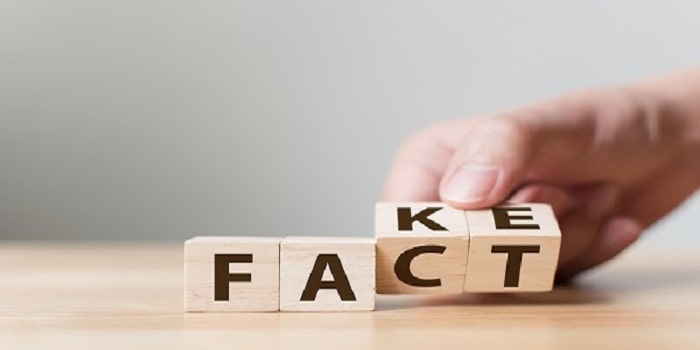False advertisement is a technique used by businesses to lure consumers into buying their products by making false claims. It is the deliberate use of misleading or false statements about a particular product or service to attract customers. This deceptive practice undermines consumer trust and contributes to business misconduct. This essay discusses the impacts of false advertisements and how they can be prevented.
False advertisement, also known as deceptive advertising, is an unethical and dishonest practice used by businesses to attract customers. It involves making exaggerated, misleading, or false claims about a product or service to increase sales. This practice can have serious consequences for both consumers and businesses, undermining trust and credibility in the marketplace.
What is a False Advertisement?
False advertising is a form of advertising where the claims made by the advertiser are untrue. It includes claims of exaggerated or misrepresented product benefits, misleading product packaging, off-label promotion, and unverified scientific claims.
Impacts of False Advertisement
False advertising leads to negative effects on consumers, businesses, and the economy in general. For consumers, false advertisement results in purchasing products that do not meet their expectations. Also, false advertising can lead to physical injury or illness when misleading claims are made about health and safety products. Consumers can also lose confidence and trust in a particular brand after realizing they were deceived.
False advertising also leads to unfair competition among businesses. Firms that engage in false advertising have an unfair advantage over others, as they can lure customers away from their competitors with false promises. In addition, false advertising undermines the integrity of marketing, leading to a lack of trust among businesses and consumers.
Preventing False Advertisement
Businesses can prevent false advertising through various measures. One of the ways is by ensuring that their advertising is truthful and honest. All statements made in an advertisement need to be substantiated and verified, particularly when it comes to claims about the product’s benefits.
Another approach is to undergo regulatory compliance, where an independent body monitors and regulates the activities of businesses. The Advertising Standards Authority (ASA) in the UK is an example of such a body. The ASA focuses on regulating the content of advertisements across different media platforms, including print, online, radio, and television. It also ensures that advertisements are truthful, honest, and substantiated.
Legal action can also be taken against false advertisements. In the United States, the Federal Trade Commission (FTC) is responsible for preventing businesses from engaging in deceptive advertising. The FTC investigates business activities and prosecutes those found to violate the law. Other countries have governing bodies that perform similar functions.
Conclusion;
False advertisement is harmful to consumers, businesses, and the economy as a whole. It is a deceptive practice that undermines the integrity of the marketing industry. Preventing false advertising requires businesses to maintain honesty and ensure that their claims are backed by evidence. Compliance with regulatory bodies and legal action are also important measures to prevent false advertising. By taking these actions, businesses can pave the way for truthful and honest advertising, which promotes consumer trust and promotes competition.
False advertisement is a serious problem that continues to harm consumers and businesses alike. Businesses must take responsibility for their marketing practices and ensure that their advertisements are truthful and accurate. Regulatory bodies must also do their part to monitor and enforce advertising standards, ensuring that businesses are held accountable when they engage in false advertising. By working together, we can create a more transparent and trustworthy marketplace, where consumers can make informed decisions and businesses can compete fairly.



